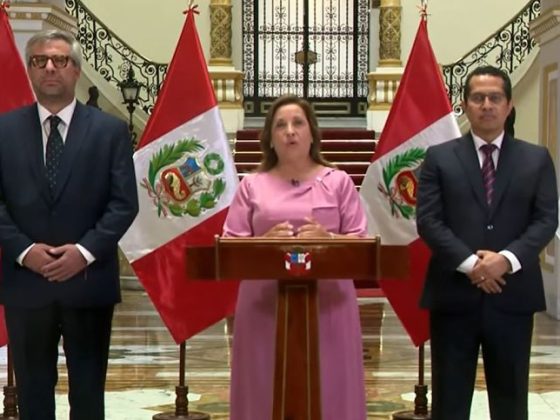The full Senate voted Tuesday evening to confirm President Donald Trump’s pick to lead the National Institutes of Health (NIH), Dr. Jay Bhattacharya.
The party-line vote followed approval from the Senate Committee on Health, Education, Labor and Pensions, which also voted along party lines to advance Bhattacharya, leading to today’s full Senate vote.
A physician, Stanford professor of medicine and senior fellow at the university’s Institute for Economic Policy Research, Bhattacharya was a leading voice during the COVID-19 pandemic against lockdown measures and vaccine mandates.
He was one of the co-authors of the Great Barrington Declaration, a document published in October 2020 by a group of scientists advocating against widespread COVID lockdowns and promoting the efficacy of natural immunity for low-risk individuals as opposed to vaccination.
Bhattacharya was probed by the Senate HELP Committee earlier this month over various issues related to his potential role as NIH director. However, for much of the hearing, he was forced to defend the president’s decision to cut certain research funds at NIH, including a 15% cap on indirect research costs, also known as facilities and administrative costs, dispersed by the NIH.
Bhattacharya would not explicitly say he disagreed with the cuts, or that, if confirmed, he would step in to stop them. Rather, he said he would ‘follow the law,’ while also investigating the effect of the cuts and ensuring every NIH researcher doing work that advances the health outcomes of Americans has the resources necessary.
‘I think transparency regarding indirect costs is absolutely worthwhile. It’s something that universities can fix by working together to make sure that where that money goes is made clear,’ Bhattacharya said of the indirect costs going to universities, hospitals and research clinics from the NIH.
In addition to addressing questions about the Trump cuts, Bhattacharya also laid out what he called a new, decentralized vision for future research at NIH that he said will be aimed at embracing dissenting ideas and transparency, while focusing on research topics that have the best chance at directly benefiting health outcomes of Americans. Bhattacharya added that he wants to rid the agency’s research portfolio of other ‘frivolous’ efforts that he says do little to directly benefit health outcomes.
‘I think fundamentally what matters is do scientists have an idea that advances the scientific field they’re in?’ Bhattacharya said last week during his confirmation testimony. ‘Do they have an idea that ends up addressing the health needs of Americans?’
Prior to his confirmation, Bhattacharya, alongside several other scientists, including Trump’s pick to head the Food and Drug Administration, Dr. Marty Makary, launched a new research journal focused on spurring scientific discourse and combating ‘gatekeeping’ in the medical research community. The journal, the Journal of the Academy of Public Health (JAPH), aims to spur scientific discourse by publishing peer reviews of prominent studies from other journals that do not make their peer reviews publicly available.

